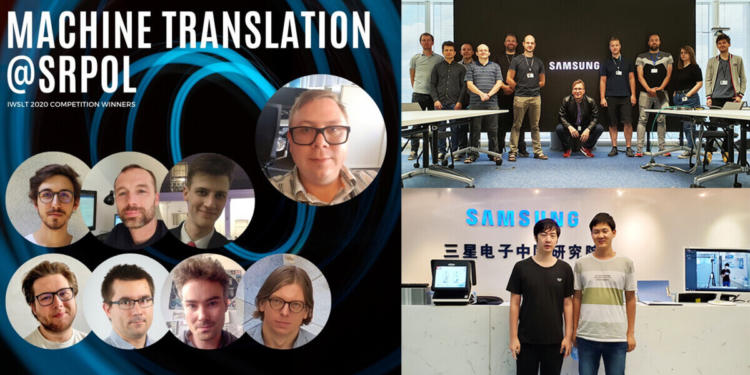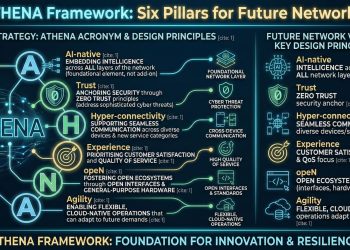Samsung Electronics announced on Friday that its Global Research & Development (R&D) Centers carry on being the forerunner in artificial intelligence (AI) research around the world, receiving several AI awards and recognitions.
Samsung researchers from Poland and China recently earned a series of highly coveted global AI challenges.
Speech Translation Research
The Samsung R&D Institutes in Poland and China-Beijing participated in two separate challenges at the International Workshop on Spoken Language Translation (IWSLT) against some of the world’s top universities and research labs. The said institutes won both first places in those challenges.
The IWSLT enlisted in the Association for Computational Linguistics conference (ACL) is a primary forum discussing computational linguistics to deal with a wide range of research areas that focus on computational methods to natural language this year.
Samsung R&D Institute Poland won first place for the second time with its research skills in audio to text translation for the Offline Speech Translation task. The Offline Speech Translation task evaluates the translation of TED talks from English to German. This award celebrates the four successive years that Poland research teams received the first prize in IWSLT challenges, including the previous years’ text translation tasks.
Computational Linguistics AI
Samsung R&D Institute China-Beijing participated in the Open Domain Translation task evaluating Japanese to Chinese translation capability. The team eventually bagged the first place in the competition. The translation between Asian language, utilization of noisy parallel web quantities for machine translation and the considerate handling of data origin make up the primary objectives of this challenge.
AI Audio Signal Interpretation
Samsung R&D Institute Poland also became one of the prominent teams at the 2020 Detection and Classification of Acoustic Scenes and Events (DCASE) challenge, sponsored by the Institute of Electrical and Electronics Engineers (IEEE). The IEEE plans to use state-of-the-art AI technology to understand and interpret audio signals.
Computer Vision and Pattern Recognition
Samsung R&D Institute China-Beijing also joined in three challenges hosted by the Computer Vision and Pattern Recognition (CVPR 2020) Conference last June 2020. The challenges include the Embodied AI Challenge, the VizWiz-Captions Challenge and the VATEX Video Captioning Challenge. The team received second place in all the challenges.
The Embodied AI Challenge intended to make robots comprehend human commands and carry out specific actions within a virtual environment. Meanwhile, the VATEX Video Captioning Challenge targeted production models that can translate videos in various languages including English and Chinese; and the VizWiz-Captions Challenge required predicting an accurate caption linked to an image taken by a visually impaired person.







